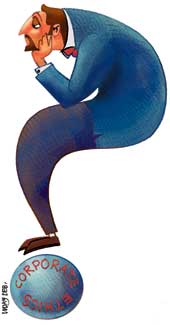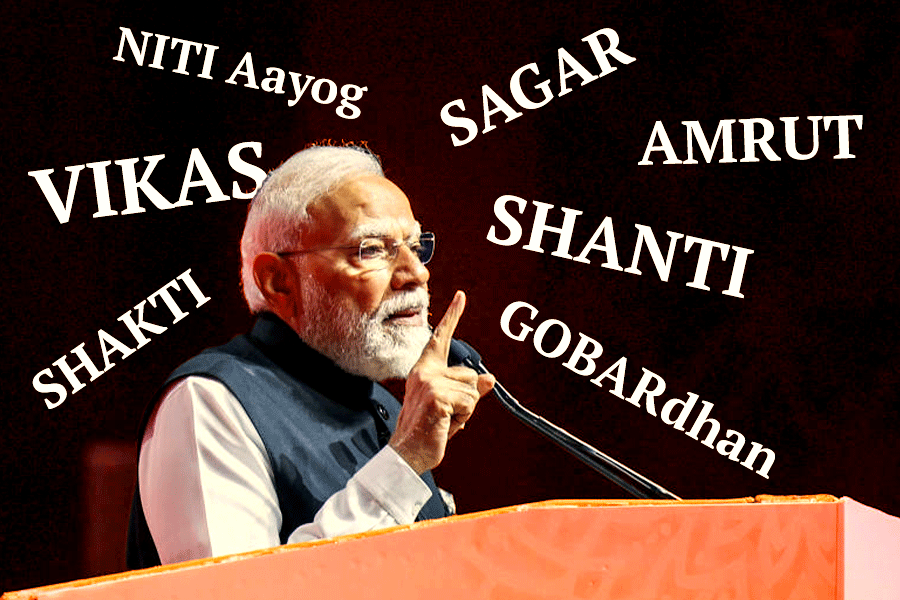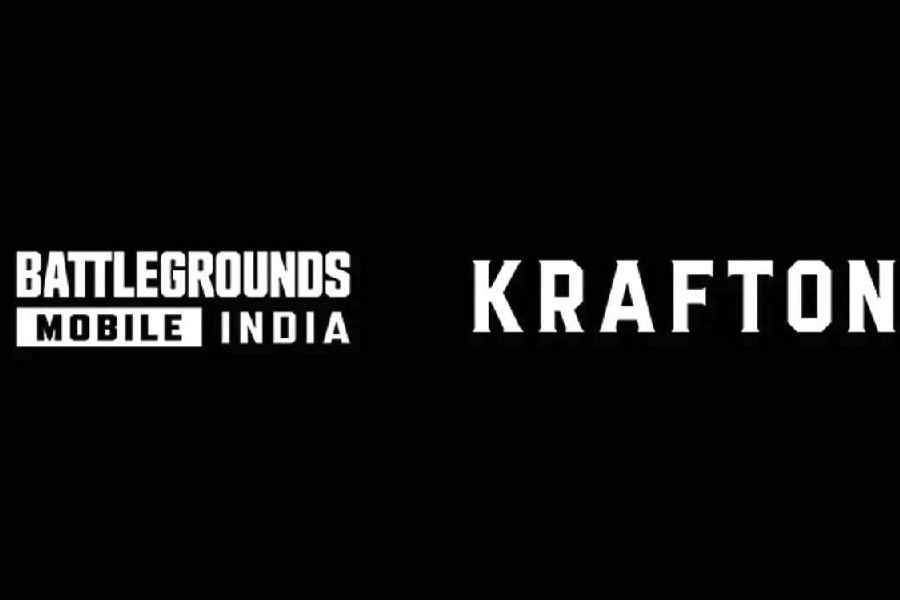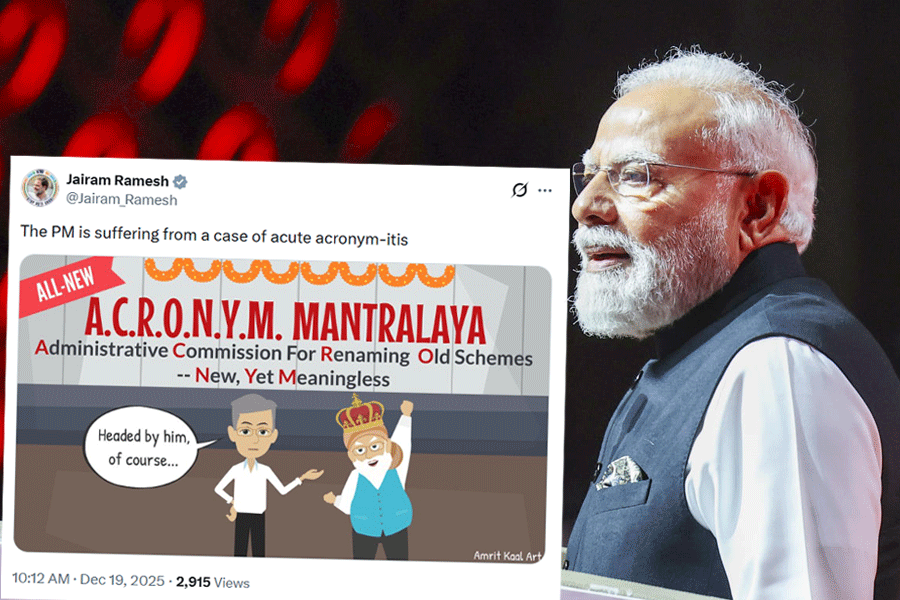 |
Shobha Vakil is collecting money for a wedding gift for a co-worker who is getting married in a month. Everyone’s chipping in with Rs 100 to buy something decent. The jokers wanted to buy a pram, but that would be too premature.
Shobha has kept the money in a separate envelope and she has a written record of who’s paid up. It wasn’t too necessary anyway; as a person of unimpeachable integrity, her co-workers are sure that nothing will go amiss.
One weekend, she is too lazy to go to the ATM. She uses Rs 1,000 from the envelope. Come Monday morning, she puts it back. Question for Miss Office Manners: Is this ethically correct? How different is it from the financial controller diverting Rs 10 lakh to his personal account, buying a stock that cannot lose, and replacing the money when he makes a killing?
In a world of excesses, ethics and integrity seem to have taken a backseat. Corporate criminals of the Enron ilk are not a feature of the West alone. Look at the number of companies the Securities & Exchange Board of India (Sebi), the official stock market watchdog, has taken action against. Unfortunately, they cannot be added to the Enron category, because Sebi’s homework is traditionally poor and almost all its targets have escaped conviction.
When the horse is being stolen from the stable, does it make sense to be concerned about the cheap oats or leathers? “It’s a question of attitude,” says Mumbai-based HR consultant D. Singh. “It is reflective of corporate culture. It may sound excessively sanctimonious, but little crimes do lead to big crimes.”
Pilfering office supplies, for instance, is not regarded by most as a crime. A Harris Interactive survey in the US shows that 58 per cent of workers admit to taking office supplies for their personal use. Vault Inc puts this figure higher at 67 per cent. Heading the hotlist are pens and pencils, with Post-It notes keeping them close company. Vault’s 2005 Office Supplies Survey says that 60 per cent of those who admit pilfering office supplies go for pens and pencils. Other favourites are Post-Its (40 per cent), envelopes (32 per cent), note pads (28 per cent), paper (27.5 per cent), paper clips (26 per cent) and highlighters (24 per cent). However, only three per cent admit to more serious theft of items such as office chairs, keyboards, modems, software and computer monitors.
“But is there really a difference between pilfering and ‘serious’ theft?” asks Singh. “There is an issue involved here. Can you be a half virgin or a quarter virgin?”
The issue is important because integrity is finally moving to the top of the CEO’s wishlist. In the late seventies, a popular New Year’s gift was a book titled The Ethics of Wall Street. It had an imposing cover and an impressive title page. The contents: 160 blank pages.
“We have come a long way since then,” says Singh, “though in India, we may still be at the wrong end of the curve. We need to learn some lessons before integrity gets hardwired into the corporate system.”
That will happen only when people realise that integrity has a positive effect on the bottomline. Integrity is an advantage to smart businesses and not a drag on revenues, say Adrian Gostik and Dana Telford, the authors of The Integrity Advantage. They feel it is essential for businesses to draw a line in the sand and let their employees and customers know they will never jeopardise their integrity by crossing it.
“Customers return when they know they can trust you,” says Singh. “It may sound excessively sanctimonious again, but this culture of trust is built up internally by considering even office supplies at the same level as the office bank account.” That cache of paper clips you are building at home is just the magpie instinct at work. Integrity is no longer for the birds.
A HIGHER CALLING
The 10 characteristics of integrity
1.You know that little things count.
2.You find the white (when others see grey).
3.You mess up, you ’fess up.
4.You create a culture of trust.
5.You keep your word.
6.You care about the greater good.
7.You’re honest but modest.
8.You act like you’re being watched.
9.You hire integrity.
10. You stay the course.
(Source: The Integrity Advantage by Adrian Gostik and Dana Telford)











